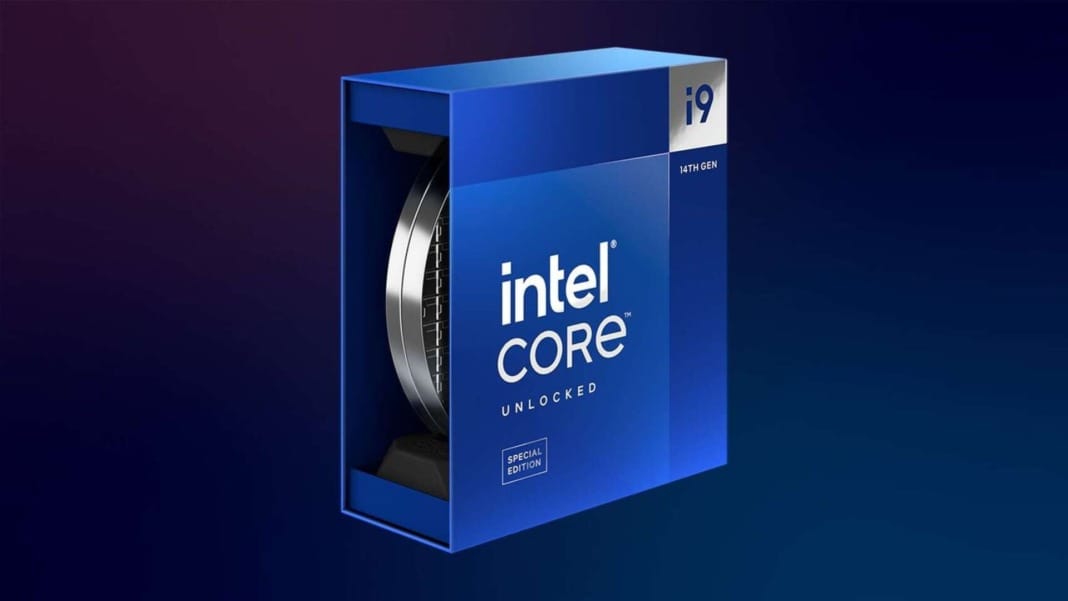You may have heard about the ongoing issues with Intel’s 13th and 14th Gen desktop CPUs, particularly the problems with elevated voltage levels leading to system instability. Intel has now made a significant update to address these concerns, providing a new microcode patch and offering some hope for users experiencing these issues.
The new microcode patch aims to resolve voltage issues
Intel has started rolling out a new microcode patch (version 0x129) to its partners, aiming to tackle the elevated voltage problems plaguing their 13th and 14th Gen desktop processors. This patch is distributed through BIOS updates, meaning you won’t find it in your regular operating system updates. Intel collaborates closely with its partners to ensure these BIOS updates are validated and deployed as swiftly as possible.
This new update focuses on preventing further deterioration of your CPU if it hasn’t already shown signs of instability. However, Intel acknowledges that this patch won’t repair processors already affected by the issue. Instead, Intel recommends exchanging any CPU that is already showing symptoms, such as frequent application crashes or system hangs.
This update is expected to improve performance for those using Intel Core K, KF, and KS series processors. Yet, there is still no word on whether other Raptor Lake chips, including those found in laptops, are similarly vulnerable.
Intel’s ongoing investigation and future assurances
Intel is continuing, while this new patch is a step in the right direction. The company is actively investigating further mitigations for systems already showing symptoms of instability. Intel has promised to provide more information by the end of August. If your system is affected, you are advised to contact your system manufacturer or Intel Customer Support for guidance on the next steps.
Intel’s internal tests show that the new microcode update (0x129) should not significantly impact performance. Most tests, such as 3DMark: Timespy, WebXPRT 4, and Cinebench R24, have shown performance levels to be within the expected range. There were a few instances, such as with Hitman 3: Dartmoor, where performance was slightly more affected, but overall, the impact was minimal.
If you like to push your processor to its limits through overclocking, Intel has confirmed that this update won’t prevent you. However, you should proceed cautiously, as overclocking can void your warranty and may further affect the health of your system. Intel advises that users stick to the Intel Default Settings to ensure the best performance and system stability.
Intel’s commitment to customer support
In light of the recent instability issues, Intel has extended its warranty program for affected processors. This move is a testament to the company’s commitment to supporting all customers experiencing these problems. If you have a 13th or 14th Gen Intel processor and are dealing with instability, Intel encourages you to reach out for support.
Whether you purchased your processor as part of a pre-built system or as a boxed or tray processor, Intel has provided clear channels through which to seek assistance. This extended warranty programme is designed to ensure you can exchange your faulty processor and return to a stable system as soon as possible.
As Intel continues to investigate and resolve these issues, it remains dedicated to supporting you throughout the process and ensuring that all affected users receive the help they need.





